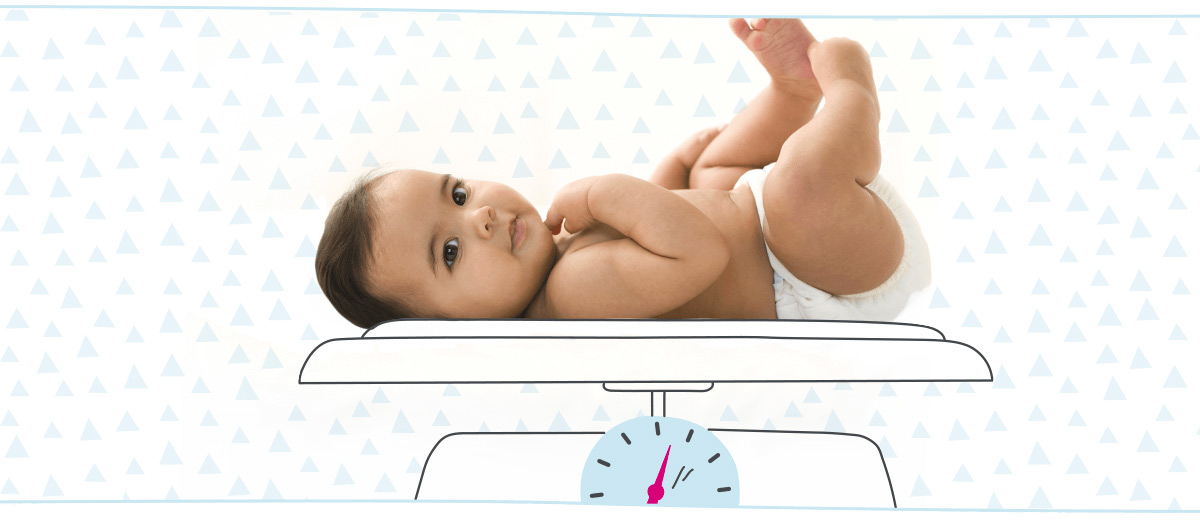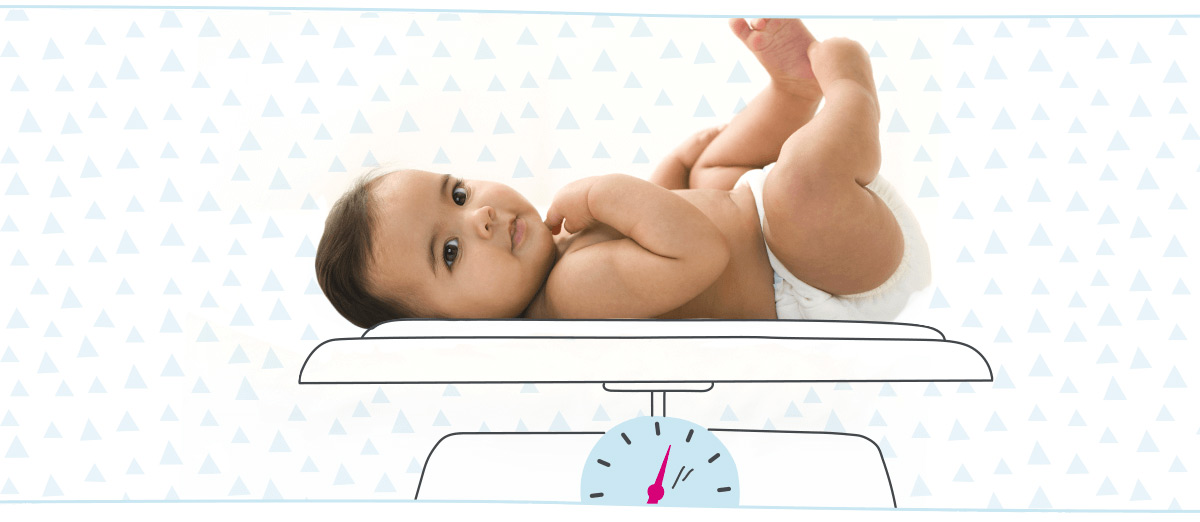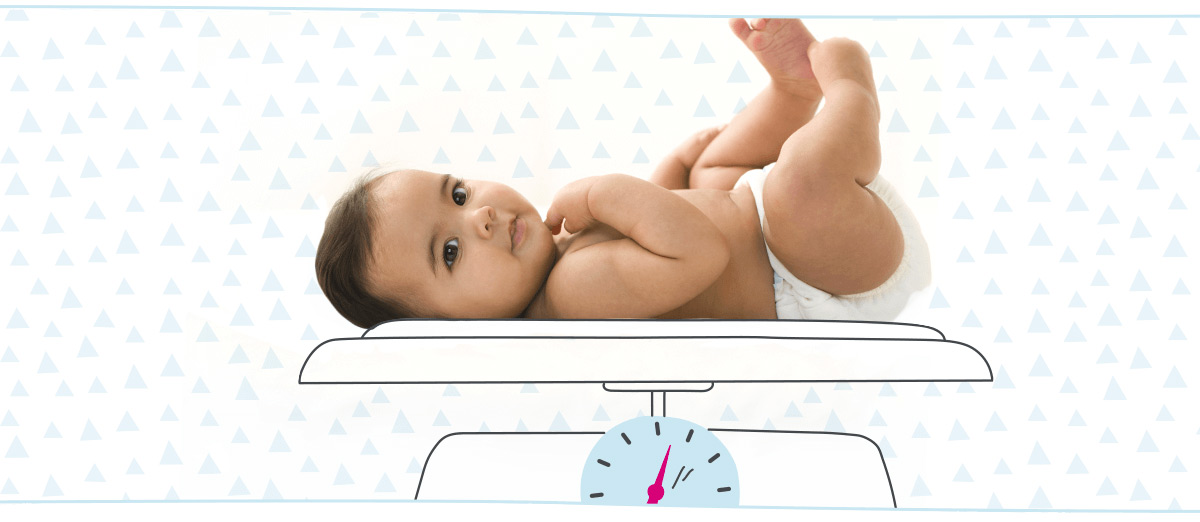- He is sleeping for a couple of hours after feeding.
- He breastfeeds every two to three hours, at least eight times in a 24-hour period.
- He usually breastfeeds for 10 or more minutes, and for no longer than an hour (but let your baby — not the clock — decide how long a feeding lasts).
- You can hear a rhythm of suck/pause/suck during feedings.
- Your baby usually breastfeeds at both breasts.
- Your breasts feel full before a feeding and softer afterward.
- He appears settled and no longer hungry after feedings.
Is my baby getting enough milk?
In the beginning, you will know your newborn is getting enough breast milk if he stops passing thick black or dark-green stools, which usually happens within the first five days. If he poops two or more times a day and it is yellow, seedy, and runny… hooray, everything is going according to plan!
During the first month, your baby will wet about six diapers and probably have three to four bowel movements a day. Once your milk supply is established, he should gain about 0.6 to 1.4 kg (21 to 49 oz) during his first three months.
If your baby is not gaining enough weight, this could be a sign that your milk supply is low. If you are concerned about not producing enough breast milk, speak to your health care professional.
Signs that your baby is getting enough milk
References:
From Tiny Tot to Toddler, 2017.
CPS. Caring For Kids – How Many Diapers Will My Baby Go Through. 2013.







